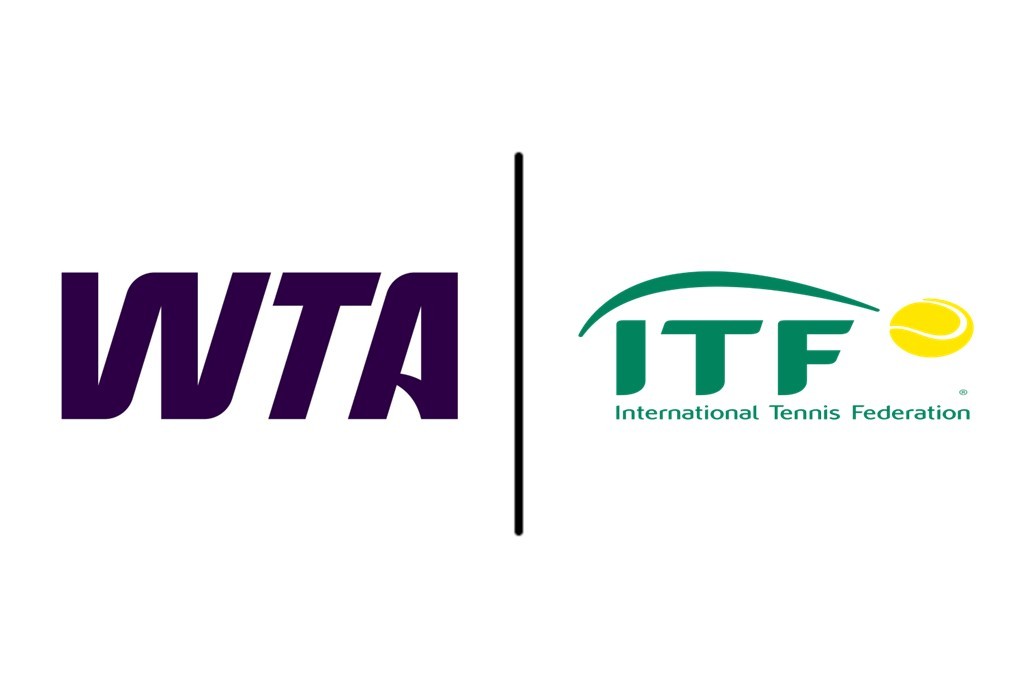Tue, June 17, 2025
WTA and ITF highlight the seriousness behind sports betting-linked abuse

The Women’s Tennis Association (WTA) and International Tennis Federation (ITF) have highlighted the seriousness behind sports betting-linked abuse by publishing the first ever season-wide report focusing on social media abuse directed at players. Signify Group’s Threat Matrix service has spotlighted the intensity of this abuse.
The service used both AI and human analysts to devise the report. Every player involved in the WTA Tour and ITF World Tennis Tour events, which is around 8,300 players, is covered by the service. Last year, between January and December, 1.6 million posts and comments were analysed by the service. Around 8,000 posts and comments from 4,200 accounts were reported as abusive, violent or threatening, with 15 accounts being reported to law enforcement. Naturally, the individuals behind these accounts have also been banned from the events.
The investigation found that 458 players received direct abuse or threat, with 5 players receiving 26% of the total abuse reported. 97 accounts were responsible for 23% of the abuse.
The WTA and ITF are now calling upon the gambling industry to help them combat the individuals who abuse players in connection with sports betting. The statistics are as follows:
- Angry gamblers sent 40% of all detected abuse across the year (compared to 48% for the shorter January-October period previously announced, which included two Grand Slams, triggering higher levels of gambling related abuse)
- 10 prolific accounts [majority being angry gambler related] were responsible for 12% of all abuse – of these, nine have either been suspended, posts permanently deleted by the platform, or the user has removed their post(s)
- Details of 39 account holders [majority angry gambler related] who sent prolific abuse have been shared with the tennis authorities and betting industry for further action
- The most prolific abusive account sent 263 abusive messages (this account has not posted hateful content in 2025 since action was taken)
British tennis Number 1 Katie Boulter expressed to BBC Sport that she received messages including “hope you get cancer” and another urging her to buy “candles and a coffin for your entire family.”
“Boulter believes a lot of the abuse she is sent is from people who have placed bets on her matches, given it comes after victories as well as defeats,” according to BBC’s article.
She voiced: “I've just tried to send them a nice message [so] maybe they can take a second and look at themselves and go: ‘Oh, well maybe I shouldn't have sent that’…
Sometimes the replies I actually get from that is them saying: ‘Oh no, I'm a huge fan. I'm so sorry. I didn't want to send you that stuff, but it was emotional, I didn't mean to. You know, I still support you. I think you're amazing’…
They don't realise sometimes what they've actually said to these people.”
Fortunately, players can now liaise directly with Threat Matrix when they become the victim of abuse so that they can be supported. Last year, 56 reports of abuse were received from 28 players, and more reports are expected as players gain awareness of the service. 77% of the direct abuse, such as that received via Instagram Direct Message, was from gamblers, whereas gamblers were responsible for 40% of open-source social media abuse, as betters aim to cause “direct emotional distress” to players once losing a bet.
To help combat the open-source social media abuse, the WTA and ITF will use the service to hide player abuse found on their social media channels in the coming weeks, this will become available to tour players on request.
A spokesperson for the WTA and ITF expressed: “Protecting players and the wider tennis family from vile online threat and abuse is a key priority for us. Today’s report covering the first year of the Threat Matrix service shows the scale of the problem and, crucially, the actions being taken to protect our athletes. From law enforcement escalation and platform intervention to banning abusers from our events, perpetrators must understand that they will face consequences for their actions…
Given the clear evidence highlighted by Threat Matrix on the link between angry gamblers and prolific online abuse and threat, we are calling for a constructive dialogue with the gambling industry to help tackle this issue. Everyone - betting operators, social media platforms, governing bodies, players and law enforcers - has a responsibility to make the online space a safer and more positive one. We hope the gambling industry responds constructively to our call for more action on their part.”
However, The WTA and ITF also defended partnerships which share data with third-party organisations, including betting companies, insisting they increase regulation and generate income for projects such as Threat Matrix, according to BBC Sport.
“Betting on sport is inevitable, so it is crucial that the data used for that purpose comes from one official source. This is why we have rigorously vetted partnerships with official data suppliers - without them, betting on tennis could take place in unregulated markets, based on unofficial data, for which there is no oversight and little or no deterrent to corruptors.”
Sports betting-linked abuse is an issue for numerous sports. Recently, Olympic champion sprinter Gabby Thomas was heckled by a man at a Grand Slam Track competition. The man later boasted on social media that he had impacted her run, winning a bet. U.S. betting platform FanDuel banned him.
This sports betting-linked abuse also relates to the stalking female athletes in particular have suffered recently. Earlier this year, police in the United Arab Emirates detained a man who caused tennis player Emma Raducanu distress due to his “fixated behaviour.” Additionally, Frida Karlsson, a Swedish cross-country skiing world champion, recently went through a trial to see her stalker of a year and four months convicted.
The ITF’s full statement on sports betting-linked abuse and the Threat Matrix can be found here: WTA, ITF urge gambling industry to address sports betting-linked abuse | ITF



